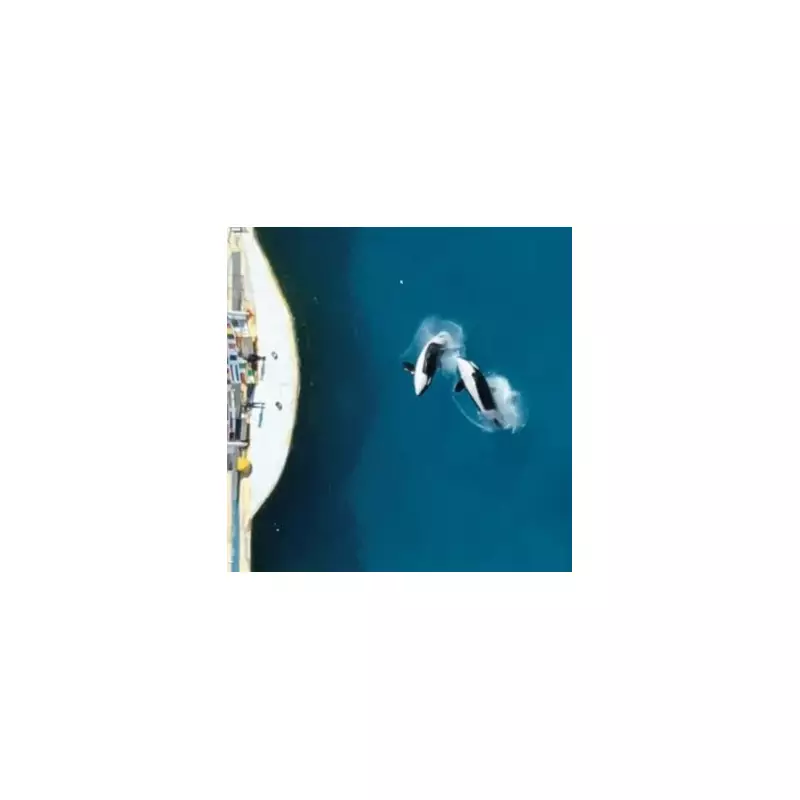
Explosive documents have surfaced revealing one of the most unusual and controversial animal husbandry practices ever documented in a marine park. Staff at Marineland Canada were instructed to manually stimulate their lone female orca, Kiska, in a procedure that has sent shockwaves through the animal welfare community.
The startling revelations come from official inspection records obtained by campaigners, detailing the intimate and highly invasive procedures the lonely whale was subjected to. Kiska, who tragically passed away last year after spending over four decades in captivity, was the last captive orca in Canada.
The Loneliest Whale in the World
Kiska's story is one of profound isolation. Dubbed 'the world's loneliest orca,' she spent her final years without the company of other orcas, a deeply social species that thrives in complex family pods in the wild. Her solitary confinement in a concrete tank was described by animal rights organisations as a form of psychological torture.
The newly uncovered documents suggest that park staff were directed to collect semen from Kiska through manual stimulation. This procedure, while sometimes used in conservation breeding programmes for endangered species, has raised serious ethical concerns when applied to a lone, captive animal with no prospect of natural breeding.
Ethical Outrage and Expert Condemnation
Animal welfare experts and marine biologists have reacted with outrage to the revelations. Dr. Lori Marino, a renowned neuroscientist and expert on whale intelligence, stated, "This is a profound violation of an animal's welfare. Orcas are highly intelligent, emotional beings, and subjecting a lone female to such procedures for no conservation purpose is ethically indefensible."
The practice of manual stimulation in captive cetaceans, while not unheard of, is typically reserved for managed breeding programmes in accredited facilities with clear conservation goals. Its application in Kiska's situation has been widely condemned as unnecessary and exploitative.
Marineland's Troubled History
Marineland Canada, located in Niagara Falls, Ontario, has long been the subject of scrutiny and legal challenges regarding its animal welfare standards. The park has faced numerous allegations concerning the care of its marine mammals, from inadequate tank sizes to concerns about water quality and social deprivation.
These latest revelations about Kiska's treatment have intensified calls for stricter regulations governing marine parks and the treatment of captive cetaceans. Many animal welfare organisations are using this case to highlight what they describe as the inherent cruelty of keeping such intelligent, wide-ranging animals in captivity.
The story of Kiska and the extraordinary measures taken by her caretakers serves as a sobering reminder of the complex ethical landscape surrounding animal captivity. It raises fundamental questions about our relationship with the natural world and the limits of human intervention in the lives of other sentient beings.





